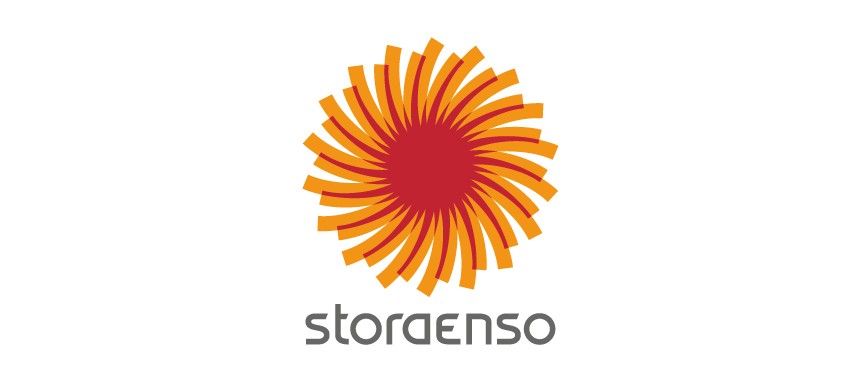Responding to the challenge of plastics
Learn how organizations are dealing with the complex issues associated with the plastics economy
Background
Responding to the issue
The linear ‘take-make-dispose’ model of plastics means that products are manufactured, bought, used once or twice and then thrown away. This is unsustainable in the long term.
Discarded plastic leaks into streams and rivers, ultimately ending up in the ocean and devastating marine life. But the use of plastic is essential, particularly to prevent the alternate problem of food waste.
Plastics have become pervasive through our economy, and we need to tackle the underlying issues if we are to create a more circular, sustainable economic system.
Reducing usage is only part of the solution. We need to invest in material innovation and reuse, recovery and recycling infrastructure.
Embedding plastics into financial decision making
Many organizations recognize that they have a role in changing the current economy of plastics. These organizations are exploring alternative materials, setting reduction targets (with many signing statements of intent in the public domain), or working to recover and reuse plastic resources.
Finance teams have a crucial role to play in responding to the challenge of plastics, such as through corporate reporting, budgetary allocation and by embedding plastics into their financial decision-making processes.
What next
Members of the A4S CFO Leadership Network have created in-depth worked examples to show how they have responded to the complex issues associated with the plastics economy. In particular, the examples capture the practical actions that finance teams have taken, the challenges they have come up against and the solutions they have applied.



